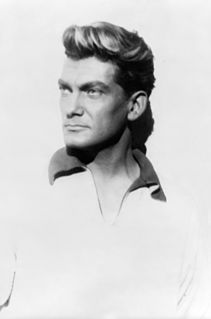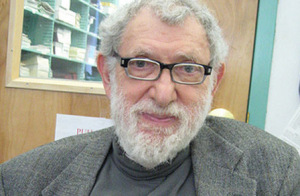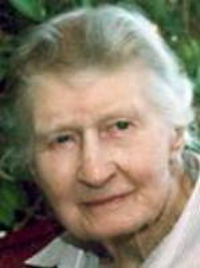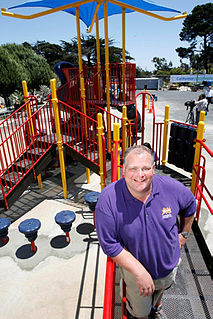A Quote by Dorianne Laux
I feel deep gratitude for the life poetry has allowed me to live. I know the life I could have lived without it. Both on the physical plain, and the soul plain. Poetry helps us endure.
Related Quotes
All lives are composed of two basic elements," the squirrel said, "purpose and poetry. By being ourselves, squirrel and raven, we fulfill the first requirement, you in flight and I in my tree. But there is poetry in the meanest of lives, and if we leave it unsought we leave ourselves unrealized. A life without food, without shelter, without love, a life lived in the rain—this is nothing beside a life without poetry.
That's one of those questions that would just love to have a pat answer. You know, poetry's job is to make us feel good. Poetry exists to allow us to express our innermost feelings. There isn't one role for poetry in society. There are many roles for poetry. I wrote a poem to seduce my wife. I wrote a poem when I asked her to marry me. Poetry got me laid. Poetry got me married.
We do not live so that we can eat, nor do we just eat so that we can live. Life is worth living in and of itself. Life cannot be satisfied when it is lived out as a consuming entity. When it is filled by that which satisfies a hunger that is both physical and spiritual in a mutuality that sustains both without violation of either, only then can life be truly fulfilling.
When modernist poetry, or what not so long ago passed for modernist poetry, can reach the stage where the following piece by Mr. Ezra Pound is seriously offered as a poem, there is some justification for the plain reader and orthodox critic who shrinks from anything that may be labelled 'modernist' either in terms of condemnation or approbation. Better he thinks, that ten authentic poets should be left for posterity to discover than one charlatan should be allowed to steal into the Temple of Fame.
I don't know that I had a sense that there was such a thing as "the poetry world" in the 1960s and early 70s. Maybe poets did, but for me as an onlooker and reader of poetry, poetry felt like it was part of a larger literary world. I mean, even the phrase "the poetry world" reflects a sort of balkanization of American literary and artistic life that has to some extent happened since then.
I've never been able to write poetry without having vast tracts of dead time. Poetry requires a certain kind of disciplined indolence that the world, including many prose writers, doesn't recognize as discipline. It is, though. It's the discipline to endure hours that you refuse to fill with anything but the possibility of poetry, though you may in fact not be able to write a word of it just then, and though it may be playing practical havoc with your life. It's the discipline of preparedness.







































